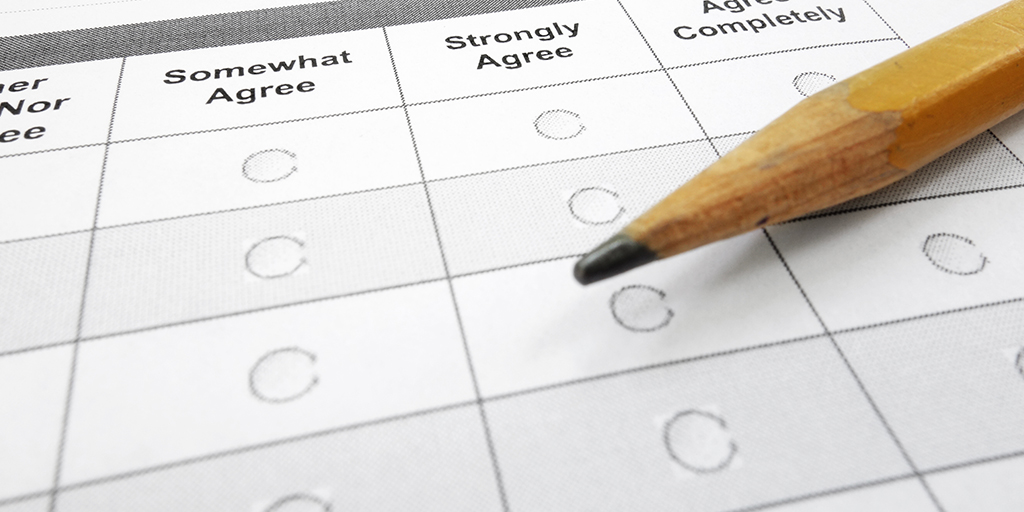In a recent interview to Medical Alley, Peter O’Blenis, CEO at DistillerSR, discussed the company’s innovation track record and the results of a recent market survey conducted with medical device and in-vitro diagnostics manufacturers, shedding light on how automation and software adoption can impact confidence in regulatory submissions.
Q: Let’s start with some company history. How and when did it all start?
A: We have been in the market since 2008. At the time the company was called Evidence Partners. We pioneered the development of AI-enabled literature review software and have experienced double-digit growth since DistillerSR’s launch, in 2009. Literature reviews are the cornerstone of evidence-based research, but their production has traditionally been highly manual, time consuming and error prone. Today, more than 300 of the world’s leading research organizations, including more than sixty per cent of the largest pharmaceutical and medical device companies, trust DistillerSR to securely produce transparent, audit-ready and regulatory compliant literature reviews faster and more accurately than any other method. We received $20 million in funding last August which will allow us to further accelerate product innovation, enabling our customers to continue to bring life-changing medical products and research to market faster.
We recently launched our PRISMA 2020 flow diagram reporting module, which provides research professionals with a wide range of configurable options to create varied workflows and accommodate different review types – from living reviews to more formal systematic literature reviews. It is the most comprehensive on the market and a prime example of the many unique capabilities that have made DistillerSR the platform of choice for literature review teams globally.
Q: I understand you conducted a market survey late last year with medical device companies. Walk us through some of the key findings.
A: As part of our ongoing efforts to keep up with the latest developments in the medical device and in-vitro diagnostics space, our team conducted a survey of global professionals in September 2022. With 146 responses received, our objective was to gain a comprehensive understanding of organizational preparedness and management maturity towards literature review practices. Additionally, we sought to identify the key motivators and barriers to adopting automation and implementing literature review software solutions.
The results of this survey have provided valuable insights into the current state of the industry. Our findings indicate that organizations who have invested in literature review software platforms are significantly more confident in their ability to meet regulatory requirements compared to those relying on manual spreadsheet-based processes.
The literature review is a critical component of the regulatory process and requires a rigorous and systematic approach. However, our survey revealed that many organizations struggle with the complexity of this task and are prone to errors. To meet regulatory requirements, it is essential to have a transparent and reproducible process, complete with an audit trail. Our findings demonstrate that organizations who have adopted literature review software solutions are better equipped to meet these standards and avoid potential setbacks in the regulatory review process.
Q: Would you say that organizations who are still relying on manual processes are also experiencing issues with data quality?
A: Yes, that is exactly what the survey told us as well. Seventy-five percent of the respondents who have adopted a literature review software trust the quality of their data. Only thirty-seven percent of the respondents who are using manual processes are confident that their submissions will not raise red flags with notified bodies. This is a huge confidence gap. Rejected submissions result in unforeseen costs and negatively impact product launches and device availability.
Some organizations are still using tools like Excel to track data during the review process, but these tools make it easy to introduce errors into the process, and in many cases, it is difficult to detect them. If those errors get into your final report you might find yourself in an expensive situation. We’ve seen software tools help solve some of the most common data quality issues faced by organizations. In addition to automating many of the time-consuming aspects of literature reviews, these tools can help manage the entire process—including the references, data, documents, people, and everything involved in the logistical aspects of the literature review. Software can also enforce your protocols, which makes it a lot easier to prevent as well as find data and detect errors. It also makes it easier to expand your literature review team, because they are working in a structured environment that makes it more difficult for them to colour outside the lines. Finally, it produces a complete audit trail automatically so you can document every single step in a way that allows you to reproduce the entire process.
Q: Notified bodies expect you to tell a clear story about your medical device’s safety and performance supported by sufficient evidence-based data. What is the most critical aspect of the literature review process?
A: The ability to manage your literature reviews in real-time, resolve conflicts quickly while maintaining a precise audit trail is the most important aspect of the process and the biggest challenge manufacturers face if they are conducting their reviews manually. You need to have a transparent and reproducible process. If you have not documented every step of the process rigorously, you don’t have a transparent and reproducible process, and that can bite you during an audit. Doing this manually is error-prone and time consuming. In our survey, we found that over 60% of the respondents using a software platform trust their ability to track their literature reviews and the traceability of their records versus only 4% of respondents who use spreadsheets. Leveraging a tool that tracks every decision for you automatically not only will contribute to more efficient project management but will also increase your chances of faster compliance.
Q: Implementing any software is a big undertaking, especially for medical device companies who are already dealing with tight deadlines to comply with regulatory requirements. What barriers came to light in the survey?
A: Cost was mentioned by over half of the respondents as the main barrier to adopt a literature review platform. I believe you can say that cost remains the biggest barrier to implementing new software, regardless of the type. However, if you compare the cost of a rejected regulatory submission combined with the cost of delaying a market launch, you quickly realize that the cost of implementing a software that will save you time and money and ensure more efficient processes in the long run is minimal.
Q: What are some new trends you observed in the survey?
A: For research professionals, the burden of searching and analyzing growing volumes of scientific literature is compounded by the time-consuming effort of repeatedly collecting data from the same references across multiple projects. We are seeing a shift in evidence management practices to leverage data reuse within an organization, whereby cross-functional teams share previously collected data, reducing redundant work. Over half of the respondents who have adopted a literature review software are employing data reuse versus only thirty-eight percent of respondents who are conducting literature reviews manually. The other trend relates to the continuous monitoring of scientific evidence, which is critical to fulfill post-market surveillance compliance requirements. Medical device companies need to continuously verify the safety and performance of their commercially available medical devices by analyzing data related to their daily practical use in order to identify safety signals and occurrences that might suggest a risk. That is no easy task. Systematic and proactive evidence monitoring is critical to fulfilling these rigorous requirements while ensuring early detection to avoid potentially costly product recalls. Sixty-four percent of the respondents who have implemented a software solution are capable of proactively collecting and analyzing evidence compared to thirty-five percent of spreadsheet users.
Overall, I believe that our survey highlights the importance of investing in technology and automation to streamline literature review practices. I encourage all of our stakeholders to consider these findings as we continue to drive growth and success in the industry.
Download DistillerSR’s Medical Device Industry Survey: Literature Review Automation Adoption Trends.
DistillerSR® Inc. is the market leader in AI-enabled literature review automation software and creator of DistillerSR™. More than 300 of the world’s leading research organizations, including over 60 percent of the largest pharmaceutical and medical device companies, trust DistillerSR to securely produce transparent, audit-ready and regulatory compliant literature reviews faster and more accurately than any other method. With more organizations using DistillerSR to automate their systematic reviews, healthcare researchers can make informed and time-sensitive health policy decisions, clinical practice guidelines and regulatory submissions, and deliver better overall research.








